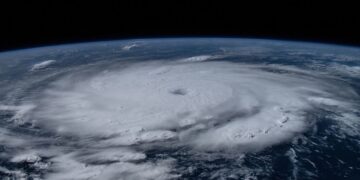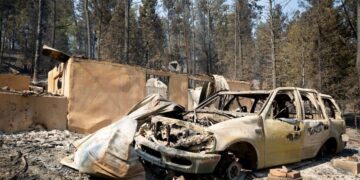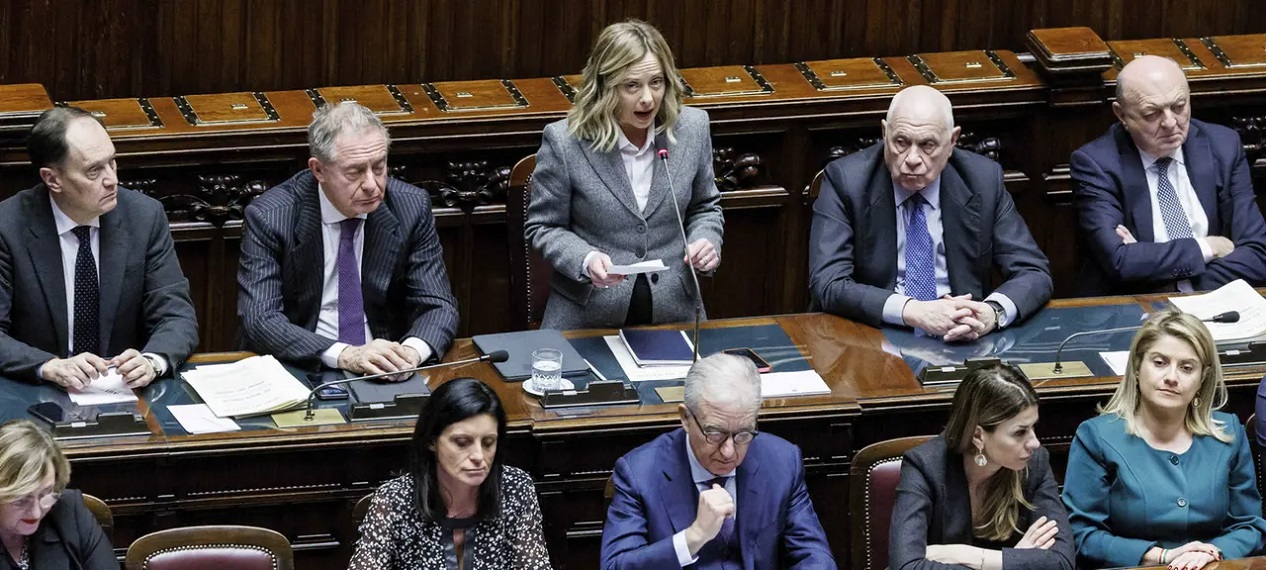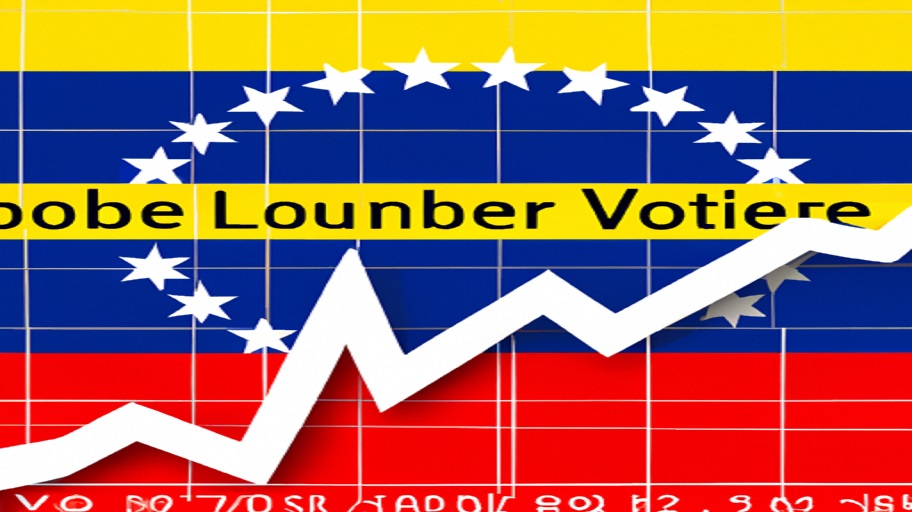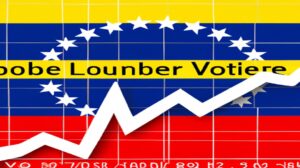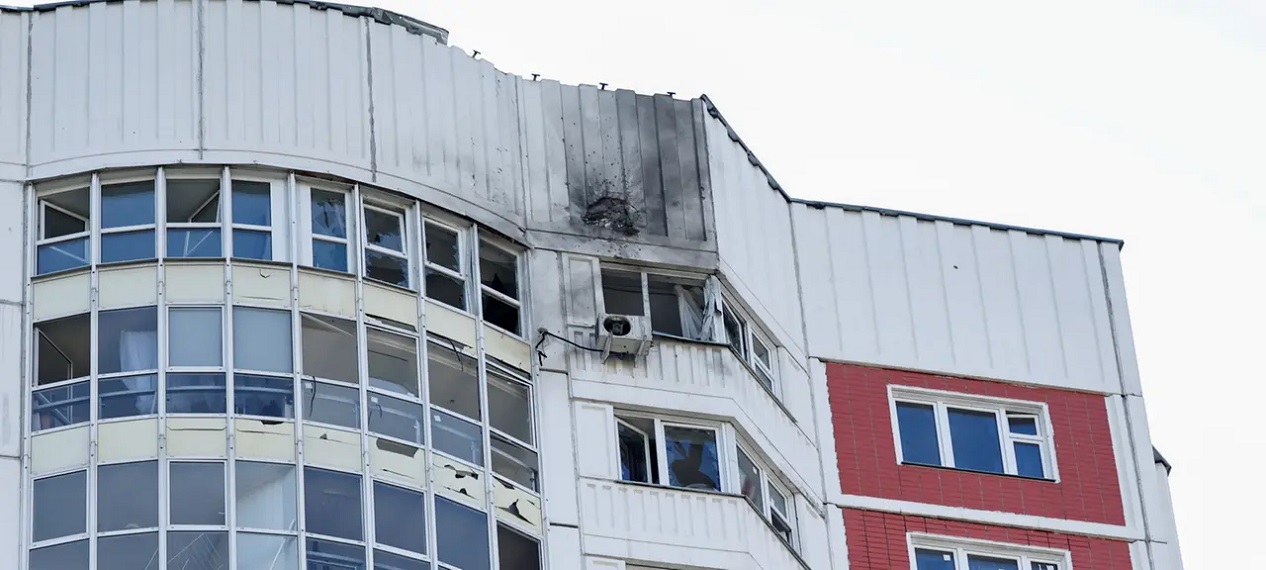Venezuela, once a flourishing South American country, is now facing an unprecedented economic crisis. The country is suffering from hyperinflation, a severe shortage of basic necessities, and a staggering unemployment rate. So, what led to this downfall of Venezuela’s economy, and what are the prospects for recovery?
One of the major factors contributing to the decline of the Venezuelan economy is the country’s over-reliance on oil exports. Venezuela has the largest oil reserves in the world, and oil accounts for more than 95% of its export earnings. However, with the fall in global oil prices, Venezuela’s revenue has plummeted, and the country has been unable to diversify its economy to reduce reliance on oil exports.
Additionally, Venezuela has been plagued by mismanagement, corruption, and political instability. The government’s policies and decisions have not only failed to address the economic problems but have also exacerbated them. For instance, the government has increased printing money to finance its expenses, leading to hyperinflation, which has eroded the purchasing power of the local currency.
Moreover, the government has imposed strict price controls, which have discouraged private investment and resulted in a shortage of basic goods such as food and medicine. The government’s intervention in the economy has also led to a flight of capital, further damaging the economy.
The declining economy has had a significant impact on the people of Venezuela. According to the United Nations, more than five million Venezuelans have fled the country since 2015. Many have resorted to eating from garbage cans, while others have died due to lack of medical attention or malnutrition.
However, given the current economic situation in Venezuela, with high inflation, strong currency devaluation and heavy dependence on oil exports, it is difficult to say that the Venezuelan economy will fully recover from here in 2023.
However, if the country’s economic policies change to encourage foreign and domestic investment, and if the government succeeds in overcoming current challenges related to corruption and mismanagement of resources, the economy may develop. It will gradually improve in the coming years.
In conclusion, the current state of the Venezuelan economy is dire, and recovery seems unlikely in the near future. The country needs to develop a strategic plan that fosters economic diversification, attracts foreign investment, and addresses corruption and political instability. Only then can Venezuela hope to regain its place as a prosperous and thriving nation.


